This is the 9th World Heritage Site in Vietnam recognized by UNESCO and the 2nd inter-provincial World Heritage Site in Vietnam, along with the World Heritage Site of Ha Long Bay - Cat Ba Archipelago (in Quang Ninh province and Hai Phong city).
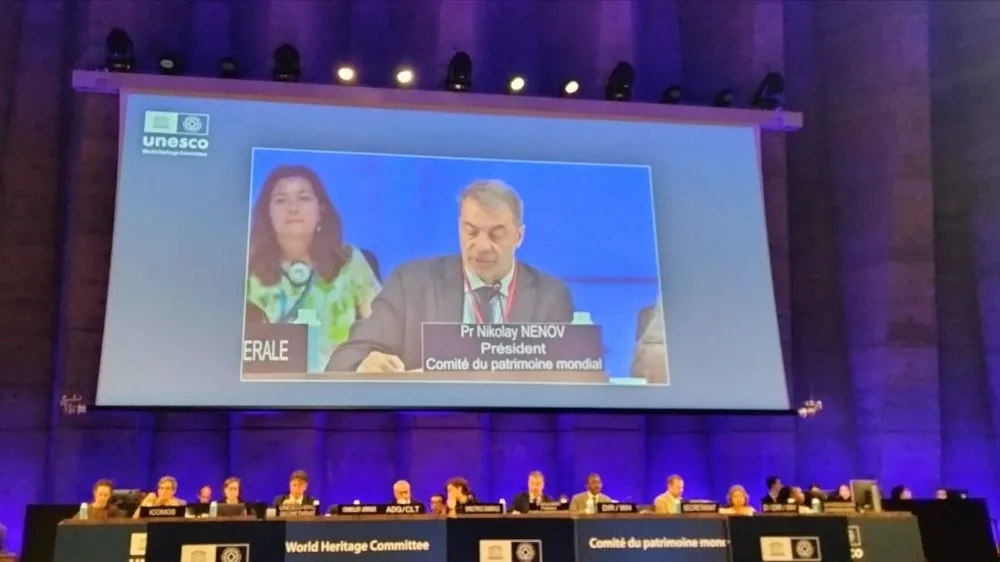
The Complex of Monuments and Landscapes of Yen Tu - Vinh Nghiem - Con Son, Kiep Bac, with Truc Lam Buddhism as its core - was founded in the 13th century by the Tran Dynasty kings, especially the role of Buddha King Tran Nhan Tong. Truc Lam Buddhism has created many values, making special and sustainable contributions to the cultural and spiritual heritage of humanity.
Originating from the sacred Yen Tu mountain landscape, Truc Lam Buddhism represents a philosophical system and the spirit of tolerance and altruism of Buddhism. Truc Lam Buddhism is also a testament to the harmonious combination of Mahayana Buddhism with Confucian ethics, Taoist cosmology and indigenous Vietnamese beliefs.
The ideological and cultural values of Truc Lam Buddhism are completely consistent with UNESCO's basic goals in maintaining and enriching the common values of humanity: Education, building a culture of peace ; spirit of self-reliance, harmonious combination between humans and the natural world, respecting the laws of nature.
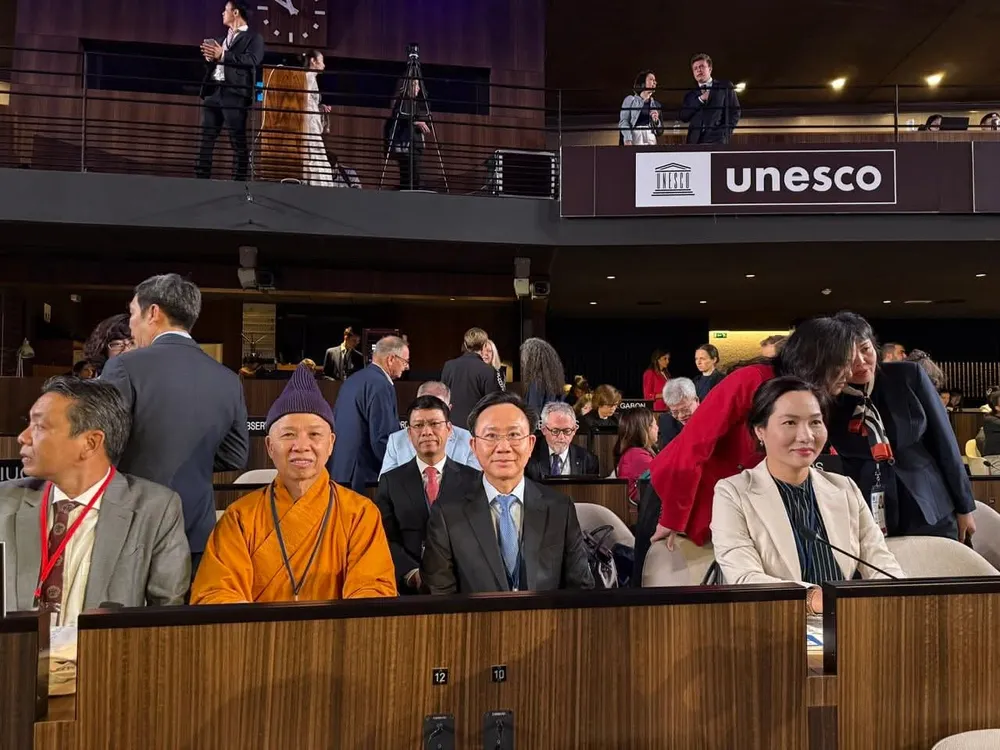
Through temples, hermitages, pilgrimage routes, stone steles, woodblocks and other carefully preserved relics distributed over a large area from Yen Tu to Vinh Nghiem and Con Son - Kiep Bac, the heritage fully reflects the stages of development of Truc Lam Buddhism: from its establishment and institutionalization to its revival and continued spread of creative and humanistic values.
These relic sites, formed many centuries ago, always show continuous development, playing the role of religious and spiritual cultural centers, and pilgrimage destinations for millions of tourists every year.
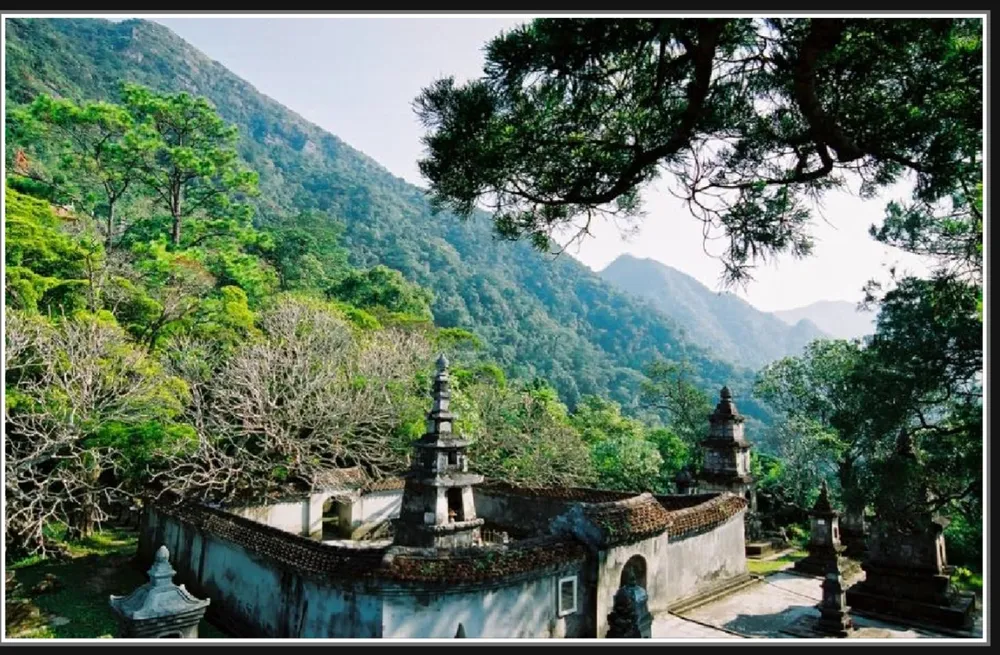
Permanent Deputy Minister of Foreign Affairs Nguyen Minh Vu, Chairman of the Vietnam National Commission for UNESCO, said that the inscription is not only a source of pride for the authorities and people of the three localities of Quang Ninh, Hai Phong and Bac Ninh, but also a common joy for Vietnam.
This recognition affirms the international appreciation of the value of the Complex of Monuments and the humanistic and peaceful thoughts of Truc Lam Buddhism founded by King Tran Nhan Tong, as well as Vietnam's efforts in protecting heritage. The recognition from UNESCO contributes to enhancing the country's position in the international arena, while creating favorable conditions for preserving and promoting heritage values in a sustainable manner.
The inscription of the Complex of Monuments also helps strengthen regional connectivity between Quang Ninh, Hai Phong, and Bac Ninh, building a unified heritage space, contributing to promoting the image of the country and people of Vietnam. At the same time, this is also another contribution of Vietnam to the goal of preserving and promoting heritage values that UNESCO is promoting.
Honor and pride always go hand in hand with responsibility, requiring all levels, sectors and localities to raise awareness and synchronously deploy practical and effective measures to preserve and promote the value of heritage in accordance with the spirit of the World Heritage Convention associated with sustainable development.
In his response speech, Deputy Minister of Culture, Sports and Tourism, Dr. Architect Hoang Dao Cuong emphasized that in order to achieve this success, for many years now, the system of relics and intangible cultural heritages of localities has received special attention from the Ministry of Culture, Sports and Tourism and the provinces through the implementation of many projects to preserve and restore relic works; research, identify values to prepare nomination and registration dossiers domestically and internationally; contribute to protecting the outstanding global value of the heritage site, improving the cultural and spiritual life of the local community and people.
Source: https://www.sggp.org.vn/quan-the-yen-tu-vinh-nghiem-con-son-kiep-bac-duoc-unesco-vinh-danh-post803534.html



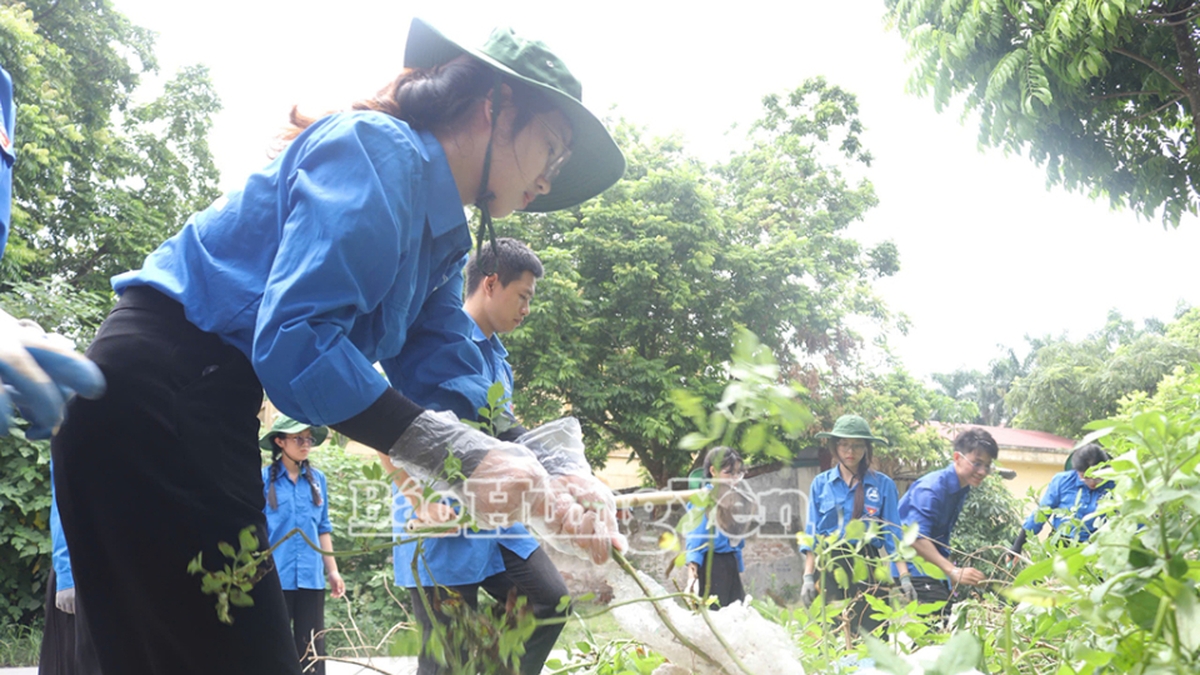
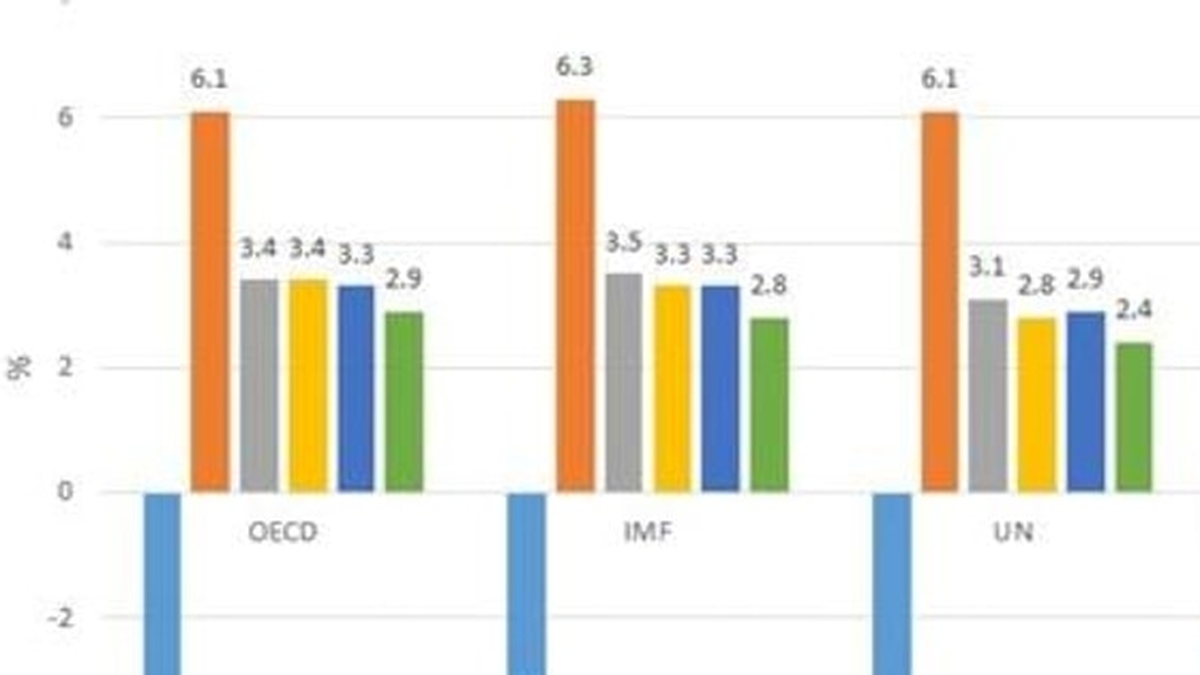
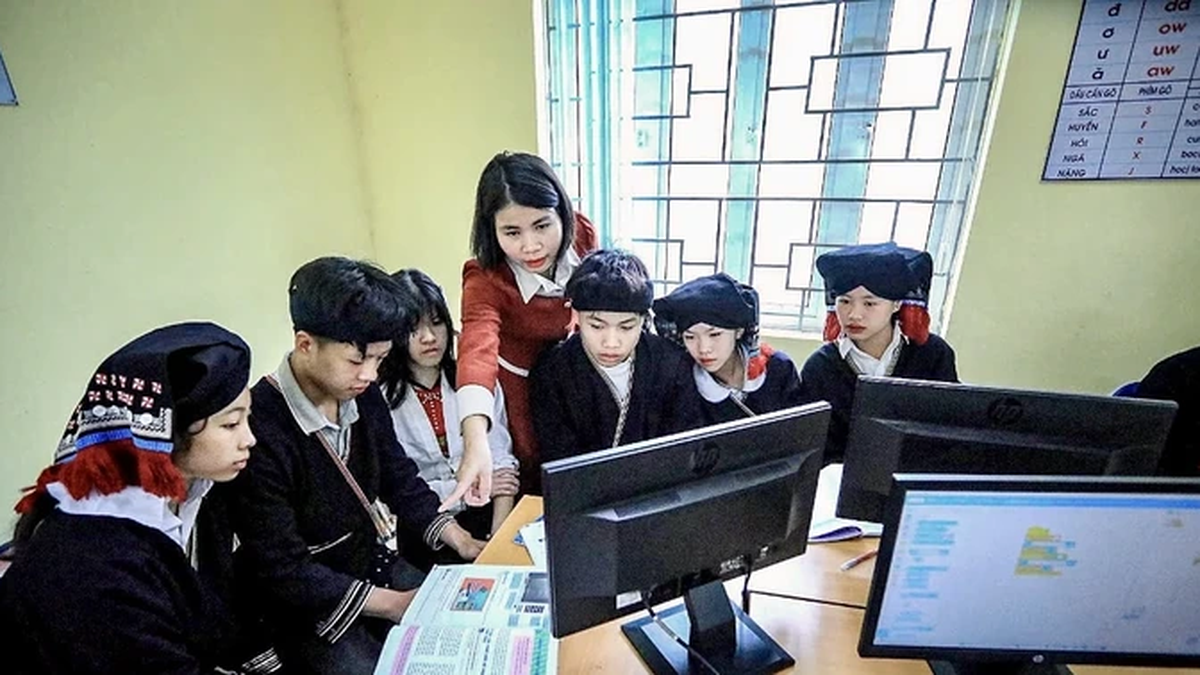
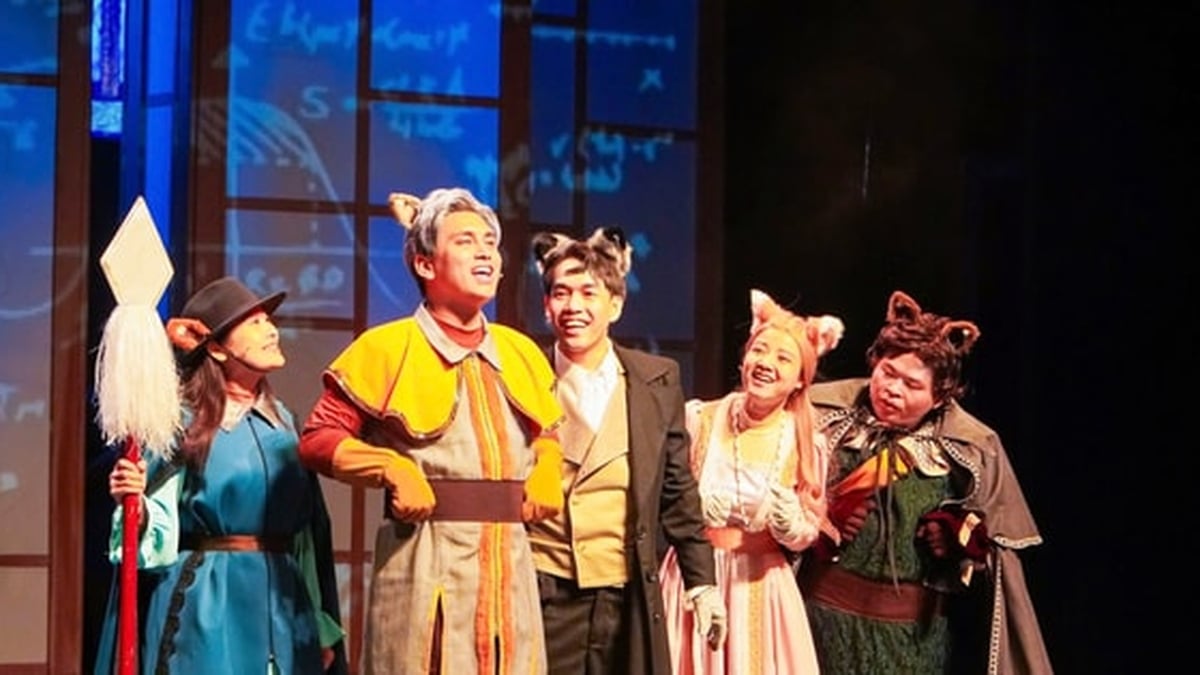
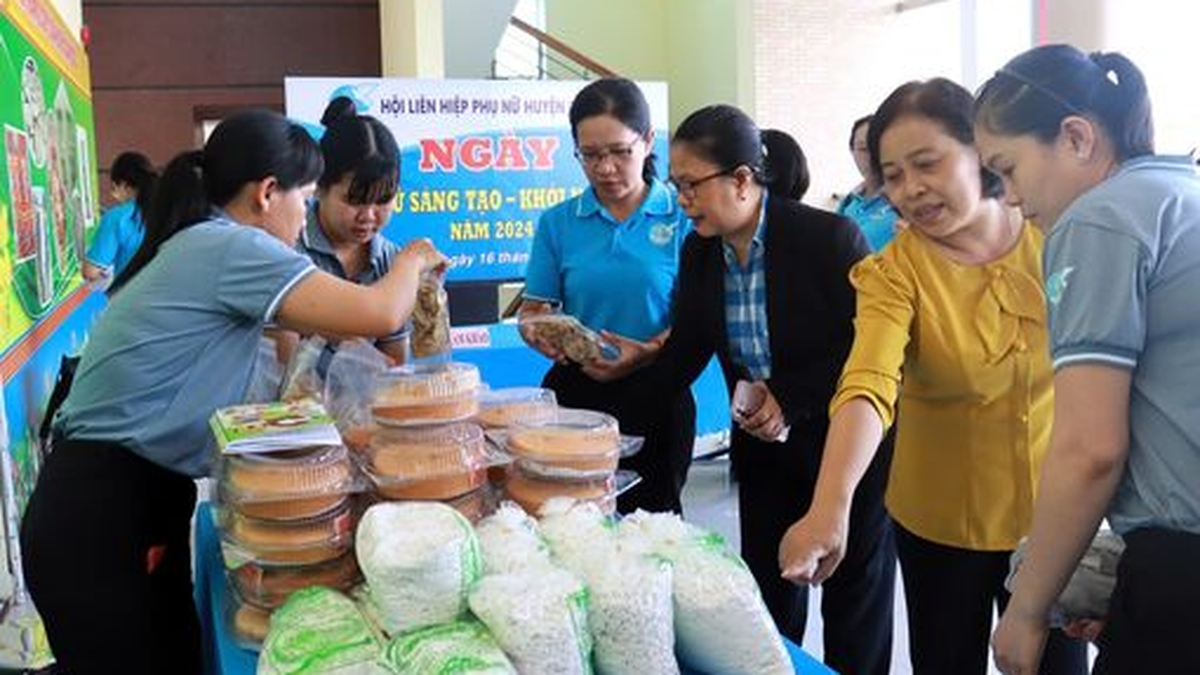

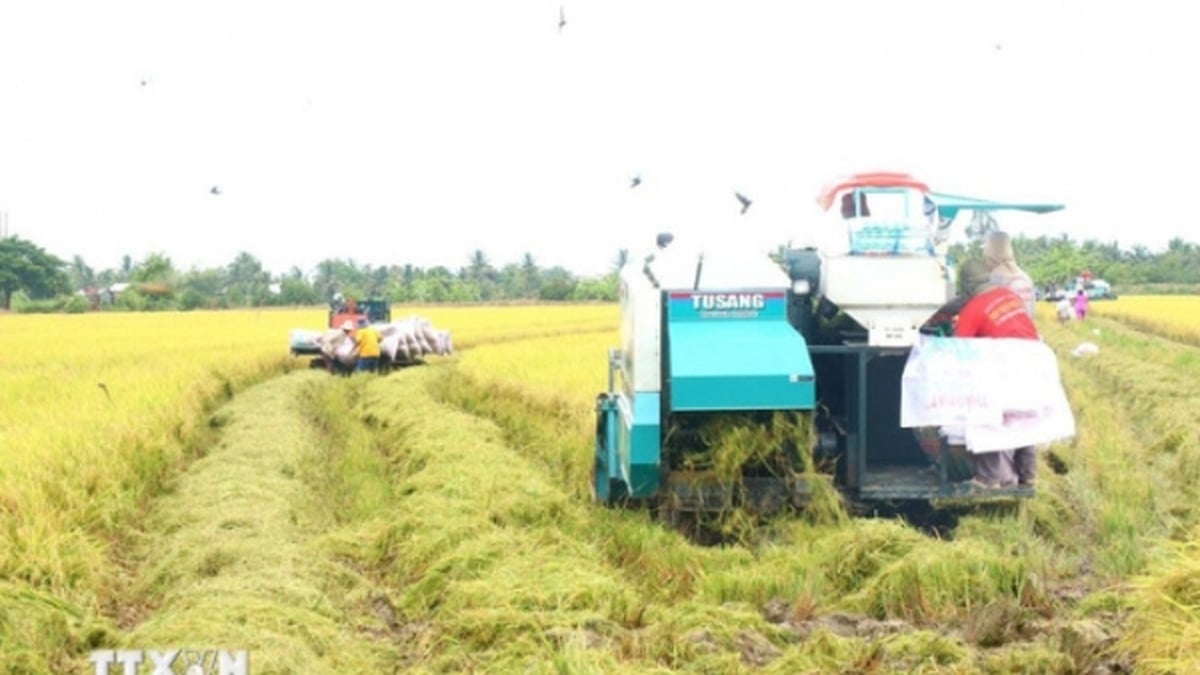
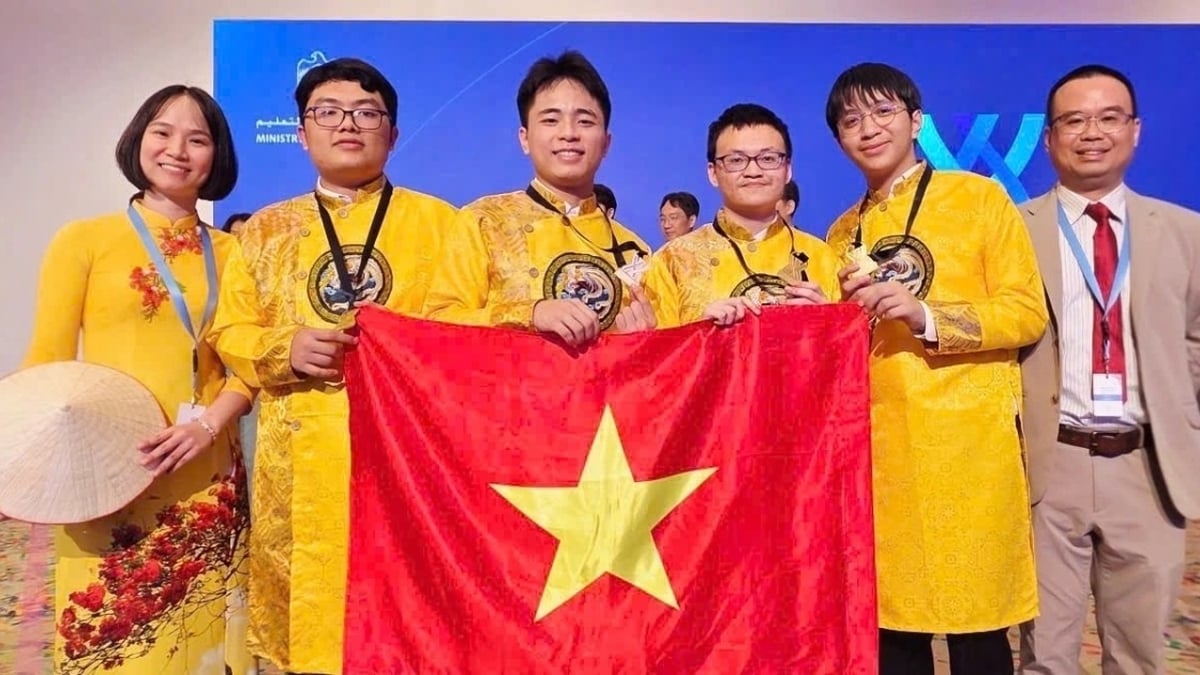
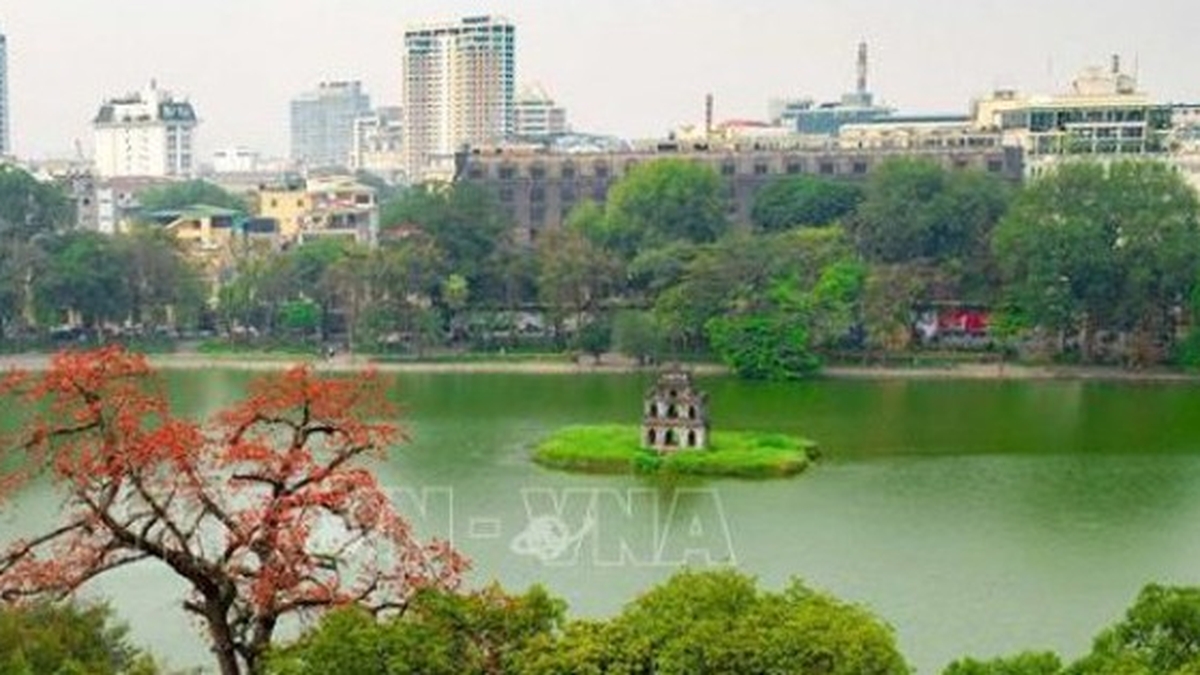





















































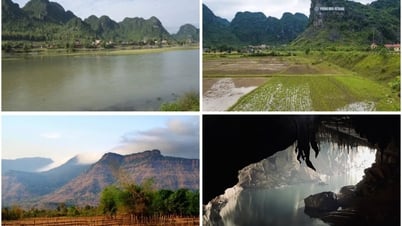



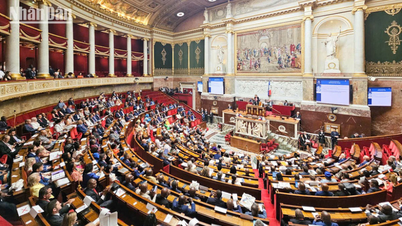
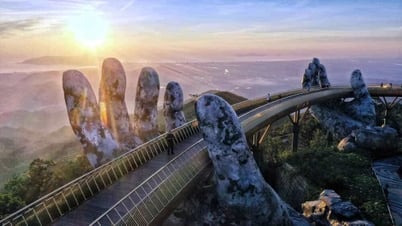

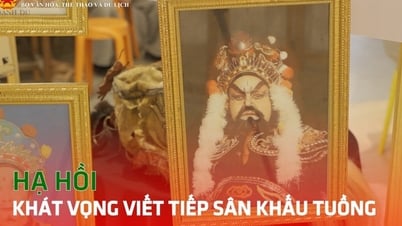
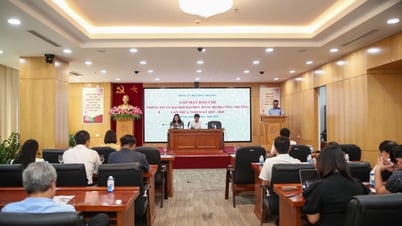

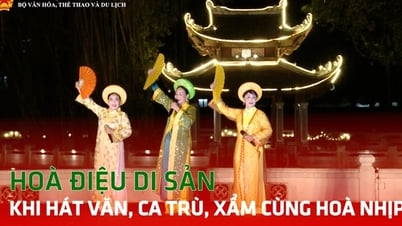


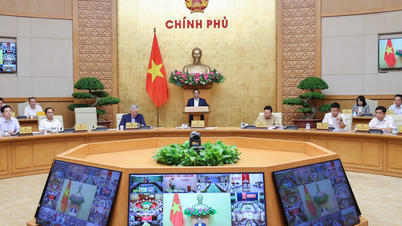























Comment (0)